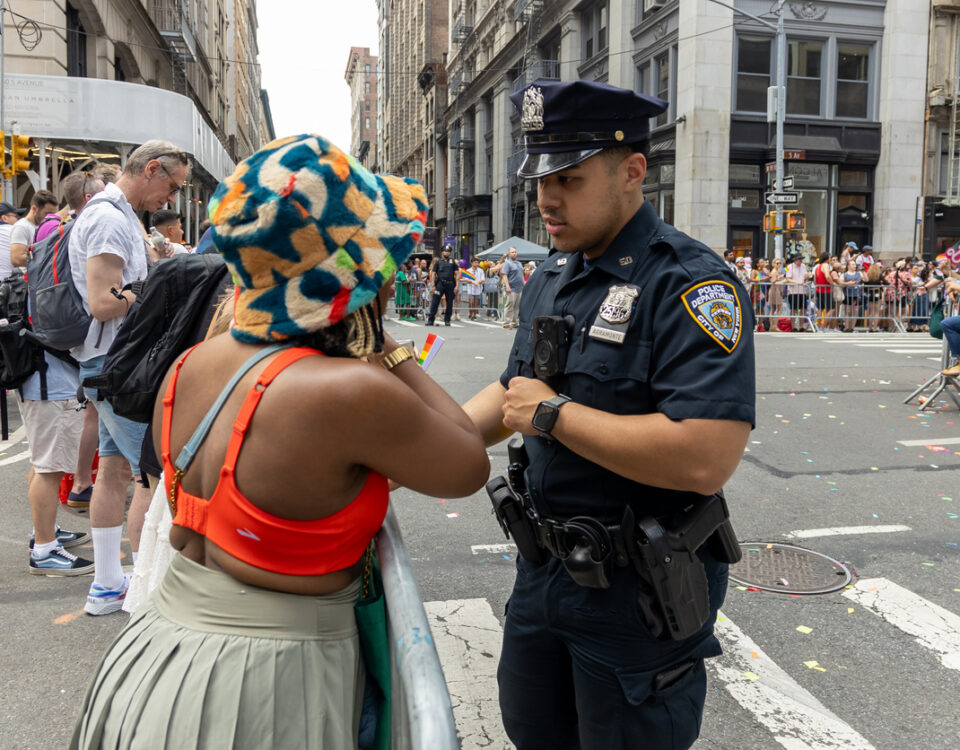Why Police Relationships with the Community Are Essential

Tips for Newly Elected Public Officials
November 14, 2022
Understanding and Recognizing The Threat of Active Shooters Before It Happens
November 28, 2022Why Police Relationships with the Community Are Essential
Police relationships with the community are not always great, and people have mixed feelings about how to perceive officers. According to research, 69% of U.S. citizens believe that law enforcement acts equitably. This figure might be surprisingly high to anybody who sees the criticisms of police that often dominate the news. Contrary to this popular narrative, most Americans trust police officers for protection, and most police officers meet and exceed this expectation. In most cases, the foundation of this trust is a strong connection between police departments and their communities.
Ways to Strengthen Police Relationships with the Community
Law enforcement can minimize police professional liability by investing in relationships with community members.
Learn About Challenges That May Impact Police Professional Liability
Police attempting to strengthen community relationships can start by understanding their community members’ challenges. Crime isn’t the only problem that affects people. Problems such as food insecurity, social isolation, and rising costs of living are just as likely to put people at risk. Although law enforcement primarily handles criminal matters, police can also invest their time in addressing other community issues. It may help minimize the risks that affect police and community members alike.
Maintain a Sense of Accountability
It’s also essential for law enforcement to maintain a sense of accountability when dealing with community members. Although the aforementioned statistic proves that most Americans trust the police, it also proves that a significant portion — 31%, in this case — don’t. Law enforcement can connect with community members who may harbor distrust by maintaining a sense of accountability. It may include soliciting feedback and being transparent about department policies. In most cases, when community members learn more about their local law enforcement, their trust will increase.
Get To Know the Citizens a Department Serves
Law enforcement can increase trust by letting community members learn more about their department. This process should be a two-way street to foster community connections effectively. Police should also take the time to get to know their community constituents. A department cannot effectively serve a community if officers are not acquainted with its residents. Community events, charity drives, and government functions are all great opportunities for police officers to increase visibility and get to know their community’s citizens.
Find the Right Police Professional Liability Insurance
No matter how strong a department’s relationship with its community may be, there is always risk in law enforcement. Mitigating these liabilities is the best way to ensure police can continue serving citizens. Investing in a police professional liability policy offers the protection that a precinct needs against liabilities such as employment practices, failure to direct, negligent retention, and negligent assignment. Help law enforcement clients choose the right coverage and shield themselves from the many potential liabilities.
About PGUI
Professional Governmental Underwriters, Inc., is a full-service risk management company dedicated to assisting public, educational and non-profit entities in the management of their professional liability exposures including educators liability insurance. We are dedicated to providing state-of-the-art professional underwriting management and loss control advisory services on behalf of our designated carriers. For more information, call us toll-free at (800) 586-6502.


